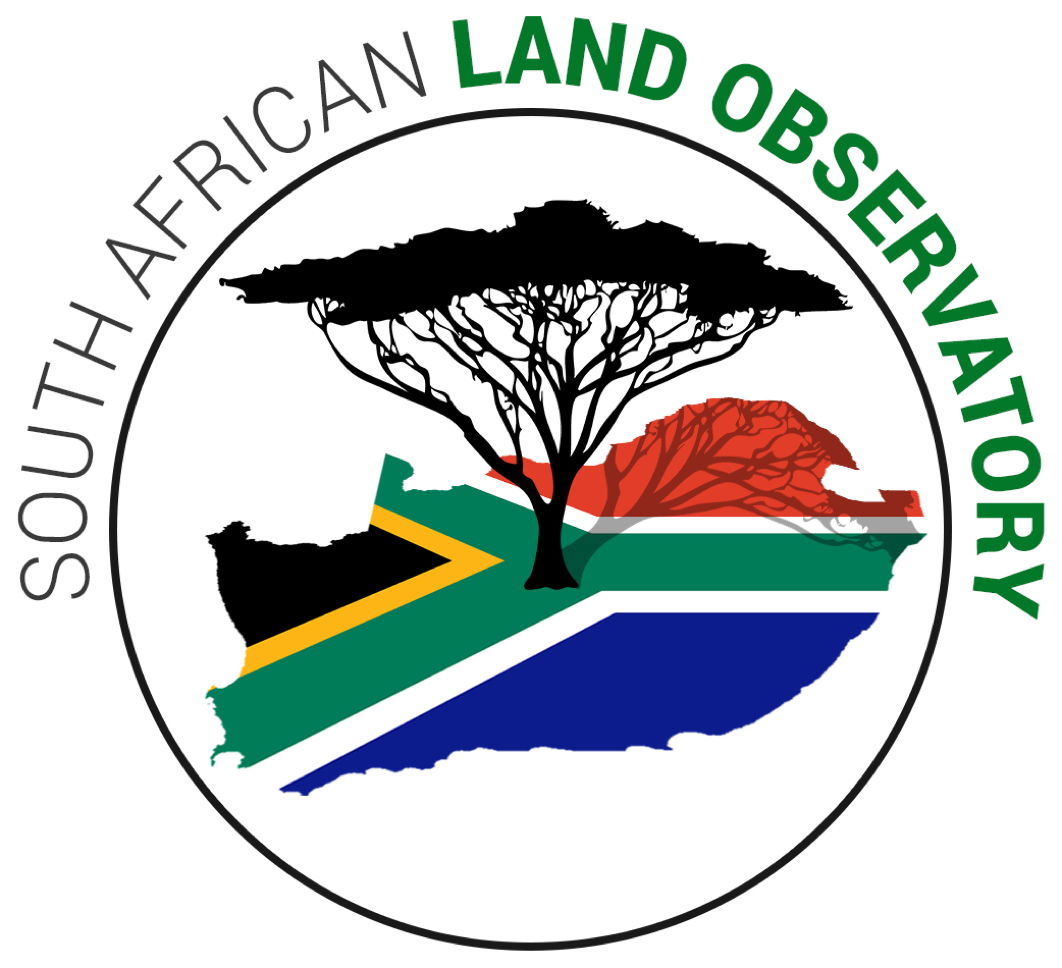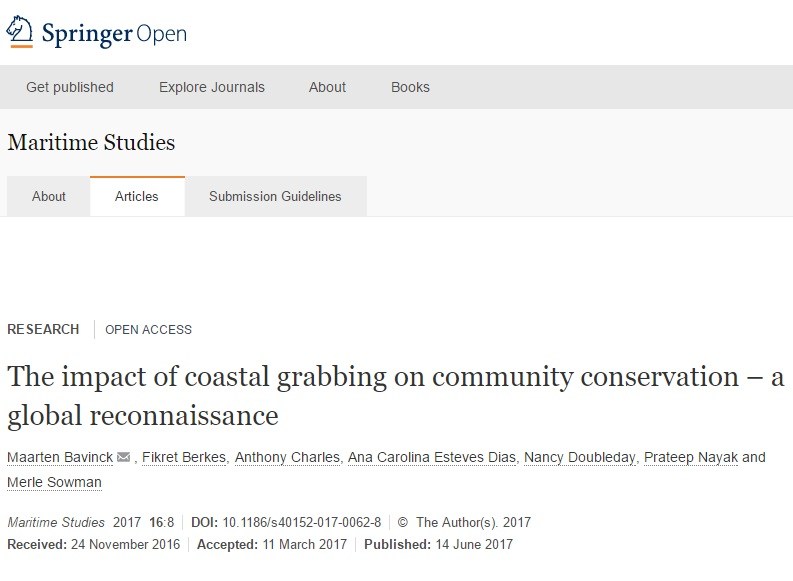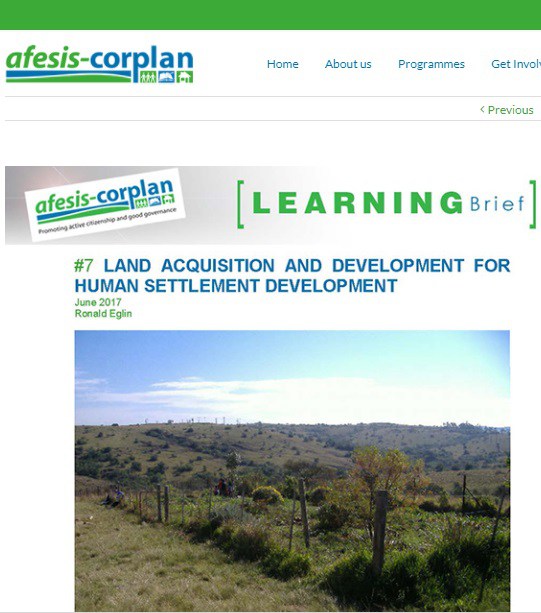Location
The South African Land Observatory is an initiative whose overall objective is to promote evidence-based and inclusive decision-making over land resources in South Africa. As its name ‘Observatory’ suggests, it collects data and information on land. The initiative is a repository of what is published on land in South Africa and on the events that take place around land in South Africa. In addition, it makes user-friendly land-based information available to all stakeholders with the aim of creating an informed land community in South Africa, through facilitating access to data, information and networking. It is, most importantly, a one-stop help desk for the land community to debate the pressing questions of land ownership and land use in South Africa.
Members:
Resources
Displaying 11 - 15 of 110National Land Reform Programme and Rural Development
The Financial and Fiscal Commission (the Commission) undertook a study into the land reform programme. Part of the problem is that land reform is framed within the narrow confines of agriculture and does not take into account the inherent sectoral challenges. The survey results show the land reform programme’s lack of success is illustrated by the drastic decrease in production since land was transferred.
The impact of coastal grabbing on community conservation – a global reconnaissance
Coastal grab refers to the contested appropriation of coastal (shore and inshore) space and resources by outside interests. This paper explores the phenomenon of coastal grabbing and the effects of such appropriation on community-based conservation of local resources and environment. The approach combines social-ecological systems analysis with socio-legal property rights studies.
Discontents in Japan’s aid discourse in Africa: Land grabbing activism in Tokyo International Conference for Africa Development (TICAD) process
Political resistance towards international development is a prevalent theme in global civil society and
land acquisitions and development for human settlement
As a country we need to prioritise the acquisition and development of land for settlement purposes if we are to make any impact on the demand for housing. Between 1994 and 2014 the South African government provided more than 2.5 million houses and some 1.2 million serviced sites, but the housing backlog nevertheless increased over this same period from 1.5 million to 2.1 million units
The Status of National Legal Frameworks for Valuing Compensation for Expropriated Land: An Analysis of Whether National Laws in 50 Countries/Regions across Asia, Africa, and Latin America Comply with International Standards on Compensation Valuation
The challenges associated with determining fair compensation for expropriated land have been extensively discussed and debated among scholars, practitioners, policymakers, and the public. However, to date, a comprehensive study of national-level compensation procedures established by law considering whether such procedures meet internationally recognized standards on compensation valuation has not been conducted. This article aims to bridge this gap by serving as a reference point and informing “expro” debates among scholars, practitioners, and policymakers.






